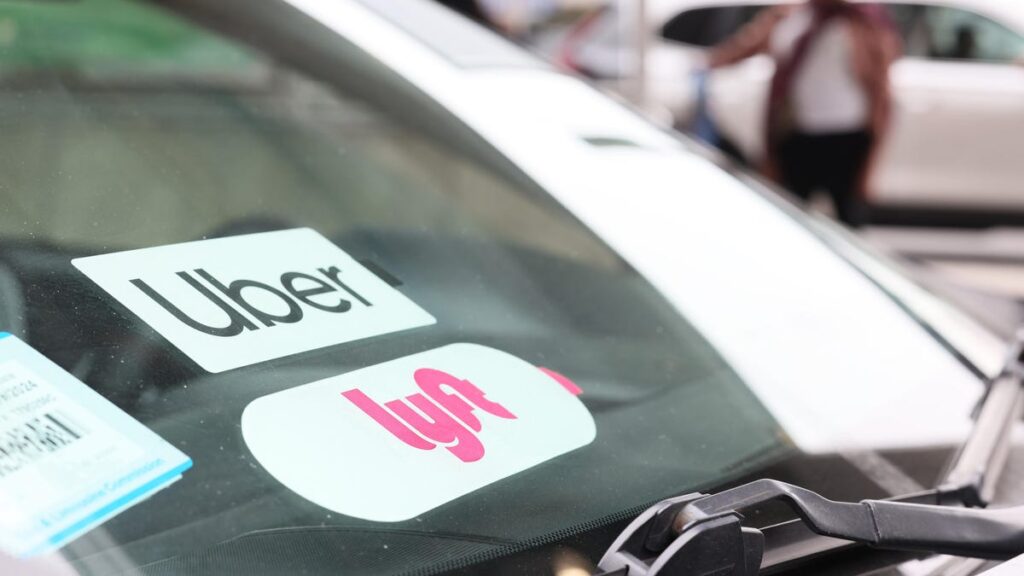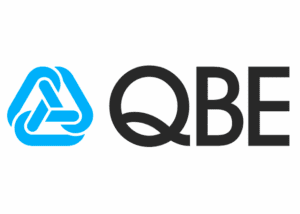At Least 31 Gig Workers Were Murdered While on the Job Last Year

A new report from a group that advocates for gig workers reveals at least 31 workers — primarily working for Uber, Lyft and DoorDash — were murdered while on the job last year.
Jalopinions | What Is the Best or Worst Convertible?
In case you missed it:
Gig Workers Rising found 50 murders over five years last year, but the latest report shows the problem is likely much more widespread than initially reported. The report, Murdered Behind the Wheel: An Escalating Crisis for App Drivers, notes that those who were murdered tended to be people of color, with Uber being the most dangerous app to work for:
The app work sector has some of the highest instances of murder compared to other sectors. When we compare the number of murdered app workers, we identified to the number of homicides reported by the Bureau of Labor Statistics (BLS), it appears that the app-based work sector would be among the top five sectors where workers are murdered on the job if the BLS were to track homicides in this sector.9 Of the workers we identified as murdered on the job, Uber had more workers killed on the job than any other app corporation last year. In 2022, 39 percent of workers murdered at work that we identified were driving or delivering for Uber.
The crimes suffered by app drivers is not limited to homicide, of course. A report from the Strategic Organizing Center, a democratic coalition of three large labor service sector unions, found 67 percent of app drivers suffered some sort of assault while on the job, from verbal to carjackings and stabbings. Carjackings are so rampant the publication The Markup began tracking the phenomena in the U.S. Sexual assaults are also depressingly common. Uber self-reported 998 assaults, including 141 rapes, CNN reports. As with all sexual assaults, the actual number of victims is likely much higher.
The report makes the argument that, by classifying app drivers as independent contractors, app companies are controlling drivers while taking responsibility for none of the risk:
App worker pay is often low and unpredictable. In a 2022 national survey, 64 percent of respondents reported earning less than $15 per hour.23 According to recent studies, some drivers earn much less, such as $5.49 after expenses for Denver rideshare drivers and $6.20 for California drivers.24 To make ends meet, many workers rely on incentives, such as bonuses and surge pay, which require completing a specific number of rides or orders within a set timeframe,25 putting pressure on them to work at any cost. The SOC report found that 57 percent of all drivers and 62 percent of drivers of color did not cancel a ride, despite feeling unsafe, because they feared losing income.26 Deactivation—essentially termination or unpaid suspension—leaves workers without access to the platform, suddenly unemployed and without income, often without meaningful recourse.
When a murder does occur, the apps are often nowhere to be seen for the same reason: drivers are independent contractors, not employees. Uber, Lyft and apps like them assume none of the liability for their deaths or provide any compensation. A Wired investigation found the apps are rarely around while families pick up the pieces:
Of the five families GWR spoke with for the report, all said that they received no compensation from the gig platforms after their loved ones’ deaths. Because such matters are often handled privately, it is difficult to know how many other workers received compensation; however, GoFundMe fundraisers for funeral expenses were a common feature of these cases.
“Each of these incidents is a horrific tragedy that no family should have to endure,” an Uber spokesperson wrote in a statement. “While every situation is unique, we have programs in place to support families, including with insurance.” Uber says it invests heavily in new technologies to improve driver safety, including an in-app emergency button with 911 integration, a location sharing feature called Follow My Ride, and newer pilot programs like audio recording.
A Lyft spokesperson wrote, “We are committed to doing everything we can to help protect drivers from crime, and will continue to invest in technology, policies, and partnerships to make Lyft as safe as it can be.”
A spokesperson for DoorDash wrote that while negative incidents are “incredibly rare,” Dashers can find support through its in-app safety features or from its 24-hour Trust and Safety team. They are also covered by occupational accident insurance at no cost during deliveries.
The debate over gig worker misclassification often focuses on the lack of protections afforded to independent contractors, such as guaranteed minimum wage and recourse against sexual harassment. But less attention has been paid to the people who are killed on the job and the families who suffer their loss. Because gig platforms do not pay into the US workers’ compensation system, their workers are excluded from its benefits, which include wage replacement regardless of fault and survivor benefits for family members. Instead, gig workers are responsible for insuring against their own injury and death through a web of policies and supplemental policies that can be difficult to understand, navigate, or even know about. This leaves many families and communities to assume the financial burden when their loved ones are hurt or killed on the job.
And when it comes to assisting in police investigations into these deaths and assaults, well, you can likely forget that too. From the Verge:
Soha Malik worked as a specialist for that team in 2020 and 2021. Her job was to clear a backlog of hundreds of subpoena, search warrant, and court order requests from law enforcement, some of which involved sexual harassment claims and homicides, according to an ongoing wrongful termination lawsuit she filed against Uber in San Francisco Superior Court earlier this year.
In court documents, Malik described a work environment where her managers encouraged her “not to assist ‘any’ law enforcement as it would hinder her ability to reduce the backlog” and “not provide information that was ‘too much trouble’ to obtain.” Instead, she was told to “give out as little information as possible since their job was to ‘protect the client,’” which can refer to either the driver or rider. She also said she was criticized when she provided law enforcement “too much user information.”
Working for peanuts shouldn’t mean sacrificing your life or dignity.




